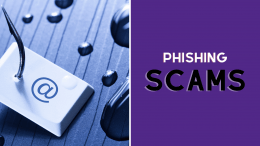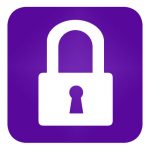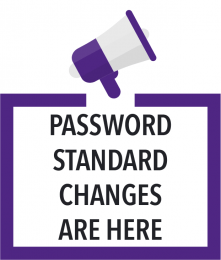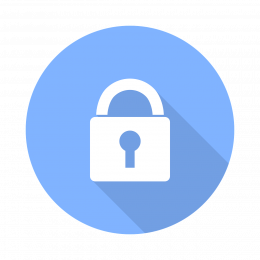 Need to get control of your email inbox? Consider using rules in Outlook. There are several reasons why you may want to use rules in Outlook:
Need to get control of your email inbox? Consider using rules in Outlook. There are several reasons why you may want to use rules in Outlook:
- Organize your inbox: Rules can help you automatically sort your incoming emails into specific folders based on criteria such as sender, subject, or keywords. This can help you keep your inbox organized, reduce clutter, and save time.
- Prioritize emails: You can create rules to automatically highlight or flag emails from specific senders or with certain keywords. This can help you prioritize your emails and ensure that important messages are not missed.
- Save time: Rules can help automate certain actions, such as moving emails to specific folders or deleting messages. This can save you time and make managing your inbox more efficient.
- Reduce distractions: You can create rules to automatically move emails from particular senders or with specific keywords to a separate folder, allowing you to focus on more important messages without being distracted by less important ones.
- Increase productivity: By automating specific tasks and reducing distractions, rules can help increase your overall productivity and efficiency when working with email in Outlook.
Continue reading “Streamline your email inbox with Outlook’s rules”

 The Division of Information Technology provides various resources and services for free. Get your semester off to a good start by checking out a few of them.
The Division of Information Technology provides various resources and services for free. Get your semester off to a good start by checking out a few of them. Are you leaving K-State? Whether you are a student who is graduating or transferring or maybe an employee that is moving on to a new opportunity, there are several services and tools you will lose access to when you leave K-State.
Are you leaving K-State? Whether you are a student who is graduating or transferring or maybe an employee that is moving on to a new opportunity, there are several services and tools you will lose access to when you leave K-State. A new phishing scam is currently targeting colleges and universities. The scam email notifies students, faculty, and staff that federal government funds are available and asks the recipient to apply for the grant money and provide their personal data. Do not click the link; this is a scam.
A new phishing scam is currently targeting colleges and universities. The scam email notifies students, faculty, and staff that federal government funds are available and asks the recipient to apply for the grant money and provide their personal data. Do not click the link; this is a scam. All K-State employees, students, and those needing access to university computing systems are required to have an eID. Your eID is used to enroll in classes, access Canvas, view online paychecks, and much more. Your eID is also part of your K-State email address: eID@k-state.edu or eID@ksu.edu. To learn more about your eID, view the following information.
All K-State employees, students, and those needing access to university computing systems are required to have an eID. Your eID is used to enroll in classes, access Canvas, view online paychecks, and much more. Your eID is also part of your K-State email address: eID@k-state.edu or eID@ksu.edu. To learn more about your eID, view the following information. As employees continue to work remotely, cyber-attacks are on the rise. The latest attack is the
As employees continue to work remotely, cyber-attacks are on the rise. The latest attack is the 
 The Division of Information Technology has enabled the ability to encrypt email messages in Office 365.
The Division of Information Technology has enabled the ability to encrypt email messages in Office 365.